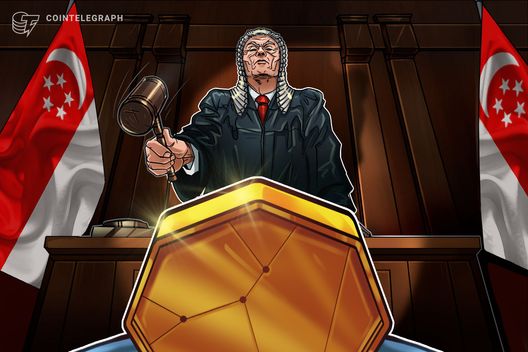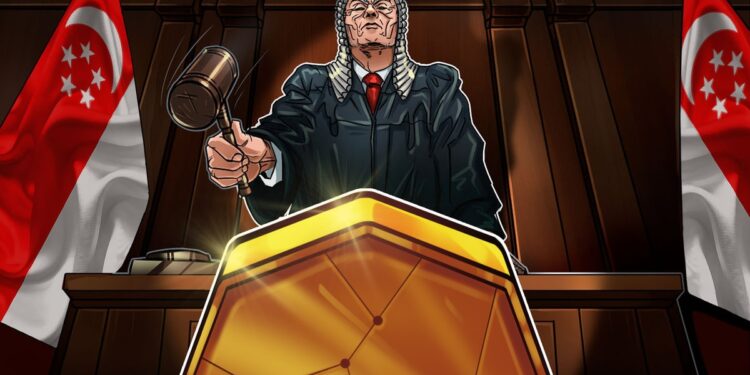
Singapore’s central financial institution has set a deadline of June 30 for native crypto service suppliers to cease providing digital token (DT) providers to abroad markets.
The directive got here from the Financial Authority of Singapore’s (MAS) response to business suggestions on its proposed regulatory framework for Digital Token Service Suppliers (DSTPs) below its Monetary Providers and Markets Act of 2022 (FSM Act).
MAS stated that no transitional preparations will probably be made for native DTSPs offering providers overseas. It mentioned that any Singapore-incorporated firm, particular person or partnership that gives DT providers outdoors Singapore should both stop operations or acquire a license when the DTSP provisions come into drive by the top of June.
“DTSPs that are topic to a licensing requirement below part 137 of the FSM Act should droop or stop carrying on a enterprise of offering DT providers outdoors Singapore by 30 June 2025,” MAS wrote.
Violators might face fines of practically $200,000
Beneath Section 137 of the FSM Act, Singapore-based companies are presumed to be working from Singapore and are thus topic to licensing. This contains corporations whose abroad token-related actions are usually not their main enterprise exercise.
Corporations discovered violating the legal guidelines will probably be topic to hefty fines of as much as 250,000 Singaporean {dollars} ($200,000) and imprisonment of as much as three years.
MAS mentioned solely corporations licensed or exempted below current monetary legal guidelines — the Securities and Futures Act, Monetary Advisers Act or Fee Providers Act — could proceed to function with out conflicting with the brand new guidelines.
Despite the fact that DTSPs might get licensed, a lawyer mentioned that it might be in uncommon instances. In a LinkedIn put up, Hagen Rooke, a Companion at Gibson, Dunn & Crutcher, said licences will probably be issued solely in uncommon instances, resulting from heightened regulatory issues round Counter-Terrorist Financing (CFT) and Anti-Cash Laundering (AML).
“The MAS will grant licences below the brand new framework solely in extraordinarily restricted circumstances (as the sort of working mannequin typically provides rise to regulatory issues, e.g. AML/CFT-related),” Rooke wrote.
The lawyer urged corporations to think about swift motion to de-risk by operational restructuring to take away their Singapore touchpoints.
Associated: Singapore blocks access to Polymarket over unlicensed gambling concerns
Singapore addresses cross-border dangers
The transfer indicators a significant tightening of regulatory oversight on crypto exercise by Singapore’s authorities. The mandate to DTSPs to stop abroad actions stems from regulatory developments geared toward addressing dangers within the digital asset sector.
In April 2022, Singapore passed the FSM bill, granting MAS higher authority to control crypto corporations that function outdoors the nation however are based mostly in Singapore.
The regulation requires DTSPs with abroad operations to adjust to AML and CFT requirements even when they don’t provide providers inside Singapore. MAS expressed issues that crypto corporations might exploit regulatory gaps by registering in Singapore whereas conducting unregulated actions overseas.
Journal: China’s state-backed think tank considers Bitcoin reserve, Sony Bank goes Web3: Asia Express



















